- [email protected]
- Monday - Friday: 09.00 AM - 05:00 PM

WINGS OF HOPE
Birds migrate to move from areas of low or decreasing resources to areas of high or increasing resources. The two primary resources being sought are food and living locations. As winter approaches and the availability of insects and other food drops, the birds move south again. But why do people migrate? For the same reasons, just without the freedom to go back. Reena is a young woman, a mother of 2, who moved to Nayagaon after her marriage to Jay Prakash. Jay’s family had moved here 20 years ago, in search for a better life for him and his sister. Her husband, Jay, is a daily wager. Reena had her first child about 2 years

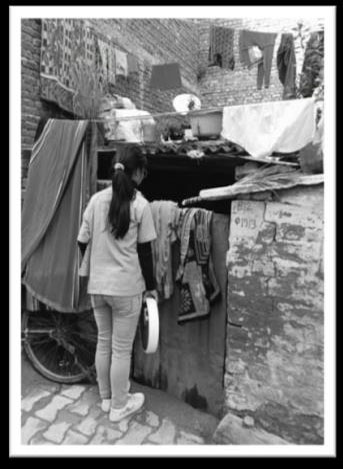
ago, and everything seemed alright. Her husband and her father in law (who is a mason) worked while the three women of the family stayed back, taking care of the house and the child. With two low, yet dispensable incomes, they lived a subpar life. D.I.R. had been helping them with the education of the child at home with regular classes and assignments.
“All sorts of strange people were around, people who looked more at home than she was, even the homeless ones who spoke no English, more at home maybe because they were younger, and when she went out it seemed to her that she too had migrated, that everyone migrates, even if we stay in the same houses our whole lives, because we can’t help it. We are all migrants through time.”― Mohsin Hamid, ‘Exit West’
With the assistance of the NIPP program of D.I.R., the child born was 3kgs at birth, which is in the green zone. The older child is now in the yellow zone, at 10.5kgs at 2 years of age. The National Democratic Alliance government’s move to provide food to migrant workers during the nationwide lockdown has come under scrutiny as senior officials in the government have told a panel on labour that only 31% people identified in the program benefited from it. So many people who looked up to the local governments for help, had to return empty handed and suffering. As the lockdown hit, the stress levels rose, the sources of income became uncertain, and Reena was about to give birth to her second child. With 7 mouths to feed, they became desperate to stay afloat in the drowning economy. Jay lost his job at the court after the lockdown and stayed at home despite his wishes to go out and to find work. With only a single low source of income at their hands, the family struggled to put food on the table and to bear the medical expenses of a newborn child. Thanks to the NIPP program of D.I.R., the child born was 3kgs at birth, which is in the green zone. The older child is now in the yellow zone, at 10.5kgs at 2 years of age. The National Democratic Alliance government’s move to provide food to migrant workers during the nationwide lockdown has come under scrutiny as senior officials in the government have told a labour panel that only 31% of
people identified in the program benefited from it. Many people, who looked up to the local governments for help, had to return empty-handed and suffering. Reena’s father in law was the only one working, but with his old age, it was difficult to work constantly. With seven people living under the same tin roof with walls made of mud and some bricks, in a single room, with no constant water supply, no electricity and very little hygiene, it was impossible for Reena to live healthily mentally and physically. Keeping everything in mind, D.I.R. intervened and adopted the family. We have been providing them with regular supplies of healthy food, making sure that the children have their nutritional needs met, as well as providing them with proper education given at our office classes. We go to their house for regular checkups and weigh-ins for the children, and have been helping the family cope in the pandemic. Sometimes still longing to go back home, they know that that life there would be worse than it is here. Their only hope is to hold on and move forward slowly, no matter what happens. Keeping their spirits high, Reena takes the reins and makes sure that her family has what they need to survive, mentally and physically. D.I.R. just helps them realize those needs and fulfill them.
Poonam
Poonam, a 19 year old girl from Bihar, fell in love with Suman lal Sharma, a bachelor living in a rented room opposite her Parents house in Janta Colony, Nayagaon, District SAS Nagar, Punjab.
Restrictions by her family and in desperation they both eloped and got married in 2012. Suman lal Sharma had a contract job in the car parking area of PGI Hospital in Chandigarh. They both lived in a rented room in Dadu Majra, away from the known societies of their parents.
Within two months of marriage Poonam realized that life became a challenge. It was no more a bed of roses which she had dreamt. Suman Lal Sharma, who was now her husband, was a drug addict and an alcoholic; he had a meager salary which was burnt off in drugs and drinks. The couple could not cope with the monthly expenses of the household including the room rent.
Poonam became pregnant, and she delivered a baby boy in Government Hospital in Sector 16 Chandigarh. After discharge from hospital they had no place to go. They lived on the streets of Chandigarh. Outside the PGI Hospital, the social workers from different organizations serve free cooked food daily to everybody. The couple survived on this food for some time.
Living on the streets with a little child became difficult, Suman Lal Sharma met his Parents at Maulijagran, who reconciled and they welcomed the couple with the grandchild to live with them.
Suman Lal’s drug addiction and alcoholism became worse with time. This led to domestic violence and mental trauma for Poonam. Suman Lal’s mother was a fine lady and she was fond of Poonam. Due to chronic illness, mother-in-law died and life became worse to survive in Mauli Jagran. Poonam has two children, elder one is a boy named Samarth, who is 8 years old and younger one is a daughter named Shivani who is 7 years old.
Due to financial constraints and a traumatic environment, Poonam moved with her
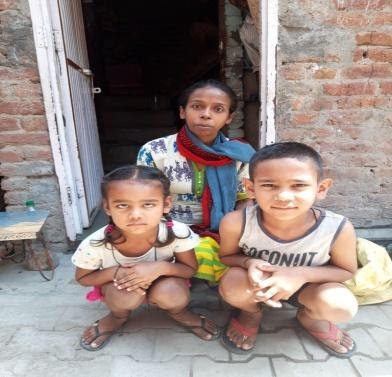
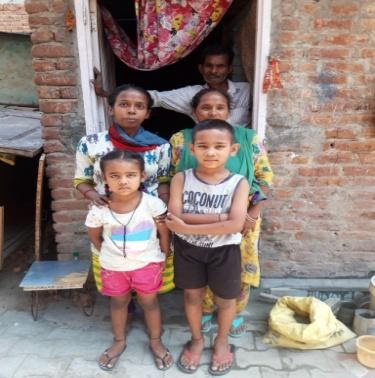
two children into her parent’s house in Janta Colony. Poonam picked up a job as a domestic servant in three homes and earned a meager salary to support the entire family. Suman Lal Sharma pleaded to his father-in-law and started living with them in one room.
Suman Lal’s addiction was the main cause of his unpleasant behavior.
Three years back , Suman Lal became aggressive, violent and raised a hand on his father-in-law,( Poonam’s Parents).Suman Lal was pushed by the father-in-law out of their house and till today no one knows about his existence, whether he is living or dead. Poonam is a single mother looking after her parents and two children. Poonam’s father is a Mason, he works independently. During Covid-19 Pandemic the father had no work and he is old, thus has limitations at work.
DIR-I identified this family during Covid-19 Pandemic period, as they had no means of earning. This family has been supported regularly with monthly grocery stores by our organization.
Savitri
In the Hindu Mythology, everyone is familiar with Goddess Savitri. The fearless and intelligent woman who fought with Yama, the God of Death, for the life of her husband, and came out victorious. She has since been held as the symbol for true love, dedication and utmost devotion towards her husband.
But in reality, the same husband might be pushing Savitri towards Yama.
Savitri and Ramesh were tied in holy matrimony before they understood what it meant. Child marriage although illegal in India, is still practiced and is the sad reality for many children. Savitri lived with her parents till she reached puberty, and then was shipped off with Ramesh in the year 2000. During the time of “Gauna”, Ramesh was 17 years of age, whereas Savitri was an estimated 13, since her real age is unknown. To make a life for themselves, the young couple moved to Nayagaon, Chandigarh and has lived there ever since. A small, unhygienic room was all they could afford. They now share the same room with their children.
In 2009, Savitri gave birth to a baby girl, after almost 9 years of marriage. But the obsession for a male heir led her down a dark path from which she may never recover. Over the course of 11 years, Savitri has given birth to 6 children, risking her own life at times. Her latest pregnancy posed a huge threat to her well being as her body was exhausted and was not given any time to heal or repair itself. Even though her body was weak, she braved the storm and gave birth to yet another girl. Her eldest daughter is 11 years old, while the youngest is 8 months old. All of her children are underweight and unhealthy.
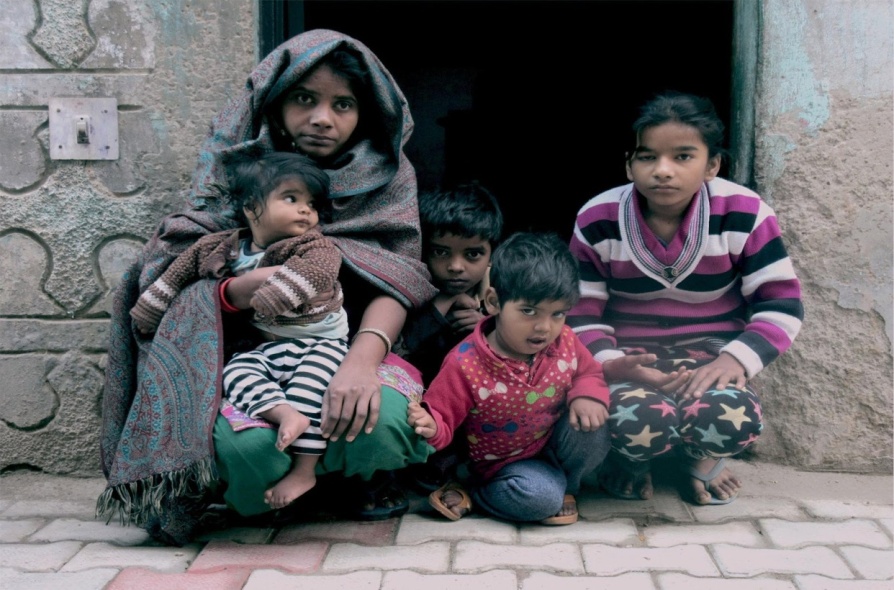
shop helper before the pandemic. He earned a measly Rs. 8000, which he could barely stretch to feed his family of 8. He lost his job when the pandemic hit. Unable to feed his family, Ramesh was desperate to make things work.
During this time, DIR-India took the initiative to provide for their family. We have been sending them groceries, filled with nutritious food every month; to make sure the children don’t go to bed hungry. DIR-India has been looking after the children and is also making sure that Savitri gets the medical attention she needs.
Margarita with a Straw
In a society, where women are actively discouraged towards divorce, and are disowned from their families for even thinking about a second marriage, Baby defied all the norms. Married off at the young age of 19, Baby wasn’t that happy. She was only allowed to study till the 5th standard, so she had no job prospects. When she got pregnant, she saw a glimmer of hope in her life. She was finally excited about something. She looked forward to the day when she would be able to hold her child in her arms. However her first husband did not share the same emotions. When Baby was 7 months pregnant, her husband left her to her own devices. No amount of pursuing, talking, counseling could lead him back to his family.
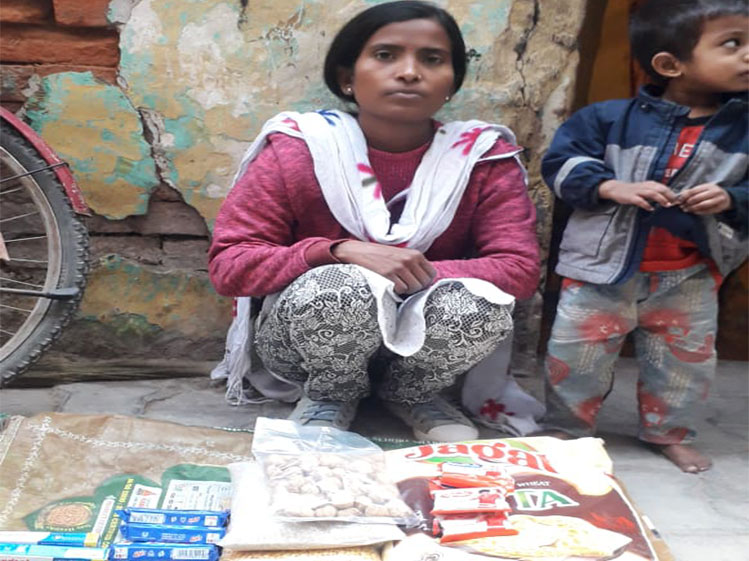
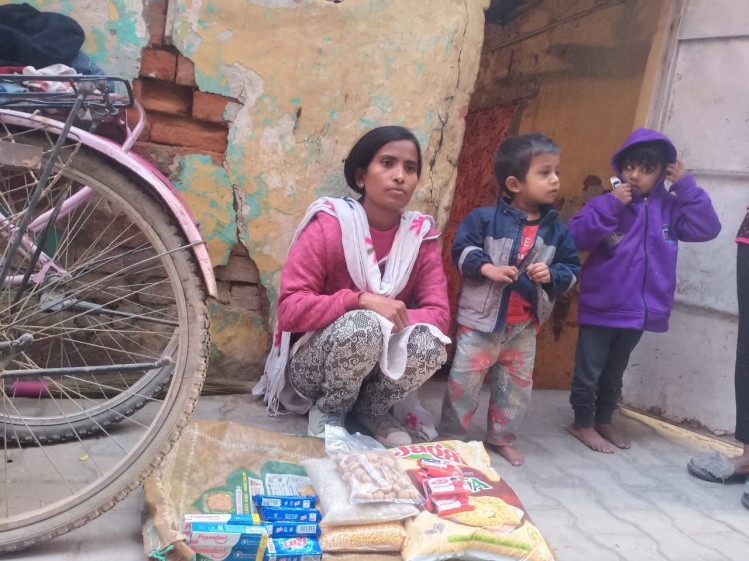
Stressed and emotionally wreaked, Baby decided to live with her sister. Her sister took care of her during her last stages of the pregnancy, but no amount of care could alert them of what was about to happen. Baby’s sister found out about Sohan Singh, and fixed her sister up with the man. Although handicapped with Polio, Sohan is a proud member of the society. He was a member of the Punjab Cricket Team for the differently abled, and owned his own tea stall outside PGIMER. Baby gave birth to Jashan a month earlier than her due date, due to which, the child was put in an incubator, and just so he could have a chance at surviving. Although still fragile, Jashan was out of danger.
During one of the regular DIR-India visits, our Health Promoter, Banita noticed something off. Jashan was 2 years old, yet could not walk. After a slew of medical tests, DIR-India found out that the young child suffers from Cerebral Palsy, a disorder of muscle, movement and posture. While being pregnant with her second child, Baby received this devastating news about her first child. She was heartbroken and scared that Sohan will leave her too.
Sohan however had never loved anyone in his life more than his wife and his children. He does whatever he can to provide the best for his children. They had their second baby, who was also tested for several conditions, but was ultimately declared healthy. Although not his by blood, Sohan has accepted Jashan as his own and treats both his children equally well.
Baby and her small family have struggled with the household finances since Covid-19 hit. Sohan was forced to quit his day job as a tea vendor because of increased health risks around the hospital, and his cricket team took a hiatus to keep the players safe. The only source of income at this point is the assistance from the government for the differently abled.
DIR-India has been helping this family by providing medical attention and fresh groceries every month. Jashan is a happy boy with a great outlook towards life. No amounts of hardships have broken Baby’s spirit. Sohan has been fighting the norms of this society since a young age and knows he has to teach his children the same. The family is as strong as ever, fighting together every day. They are a true inspiration to us.
Young Love
Teenage love makes us do things that we never thought otherwise possible. At 16, Priyanka fell deeply in love with Krishna, 17. Seeing no other way, they eloped in 2016. Blind in love, without a care in the world, the new couple moved to Nayagaon. They called a small room their home and spent their time with each other instead of finding a way to survive. When the initial dreamlike state of love wore off, and the cold, stale reality set in, they realized that they had no plan for the future. The rose colored glasses came off and the happy joyous moments turned into stressful situations, that turned into days and even months. With no real skills, experience or formal education, their hopes and dreams started to shatter. No good job opportunity was to be found even when they looked in the darkest corners. To ensure that they have some food in their stomachs, a roof over their heads, and clothes off their backs, Krishna started working as a rag picker in his local area, earning just enough to survive, but not enough to end their problems. Living in the Hawra Lines of Janta Colony,
Nayagaon, things once again looked hopeful. Yet the illusion shattered when they had a child. They soon welcomed a son,
and then the next year, a daughter. With two more mouths to feed in the span of two years, and the expense of a good education, the young couple once again found themselves struggling to make ends meet. Nothing seemed to work, no matter how hard they tried D.I.R. India recognized their need and did whatever possible to help. We provided them with

monthly groceries, filled with nutritious vegetables, fruits and grains. The children were being given educational supervision, and made sure that they were never underweight and had a healthy childhood.
With the lockdown and the reduced work load, Krishna earned less, which became a problem when they learnt of a new baby on the way. In a situation like this, no matter how hard he worked, their heads were still under the water. The children had to go to sleep on an empty stomach for some time because of the conditions that presented themselves in front of them. Two young children, a 6 month pregnancy with the ongoing financial crisis, a stressed Priyanka turned to us again. With D.I.R. India looking after her during her pregnancy, and the monthly groceries, the couple is once again hopeful for a better future. As the lockdown restrictions lifting slightly, a normal wage are bound to return. Just in time to welcome their bundle of joy.
MONSOON
Pushpa is a young woman of 24 living in the slum area in a small hut, made out of Mud and tin. In a space barely enough to fit 2 people, she lives with her husband, their 3 children, her sister in law and her mother in law. As a housewife, she takes care of and looks after 7 people, including her. That adds up to a lot of stress, mentally and physically because of the
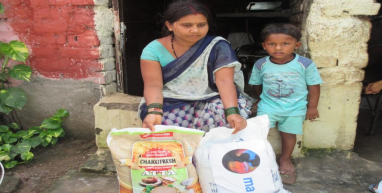
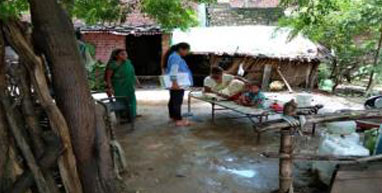
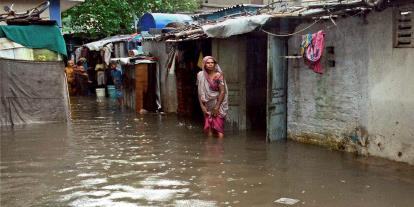
age old patriarchal thought of the young bride being the sole driving force, in the name of servitude. Her husband worked as a painter, but due to the pandemic has since lost any work he could find. With no fixed source of income, their lives have been difficult. The need to feed their children and the uncertainty of food has lead Pushpa into a spiral of anxiety and depressive thoughts. With the monsoon coming, their living situation gets worse every year. With the mud houses, the dirty monsoon water fills up their home and the lack of proper drainage system in the slum area makes them prone to several diseases. Her young children, with the help of DIR India have been fully vaccinated and are somewhat safe. The situation for the family worsened when some inhabitants of the basti turned Covid-19 positive. DIR India had started awareness drives for Covid-19 in January of 2020, before the pandemic hit India. Because of this, a vast majority of people were able to stay safe and healthy. We have also been helping them with monthly groceries and medical tests for the children
GAYATRI
Gayatri is a 30-year-old widow who lives with her 2.5-year-old baby boy. Her parents are from U.P who migrated to Chandigarh 40 years ago with a hope for better future of the family. Gayatri at a tender age of 16 years fell in love with a 45 year old Shiv Kumar, an addict, father of three grown up children, living in the neighborhood. Gayatri eloped with Shiv Kumar. Gayatri’s parents were disturbed and upset with her act that till date they have not accepted her in the family in spite of seeing her present condition they are not willing to support her. Her parents were not in favor of this wedding. After three years, Gayatri with 6 months pregnancy comes back to Janta Colony Nayagaon along with Shiv Kumar. Both Gayatri’s parents and Shiv Kumar’s parents refused to give them shelter. Poverty and pain clubbed with misery added to physical and mental health with a growing fetus in the womb. Shiv Kumar was an addict and irresponsible individual. He was on daily wages, he was an addict, and most of the time did not go to work.
Gayatri worked as a maid in one of the homes to earn her living. In February 2018 she delivered a baby boy in the government hospital of Sector 22, Chandigarh. It was a planned cesarean section as both mother and child were underweight. Her child weighed only 2.3 kg at birth. In October 2018, Shiv Kumar committed suicide, leaving behind a seven month old baby boy and a young wife Gayatri. The only ray of hope to live for Gayatri was this little infant, Rudransh. DIR-India adopted her in the Nutrition Improvement Priority Program (NIPP) where she is fed a high protein diet and supplied with basic amenities and supplements as a lactating mother so that the growth and health of the child is improved and maintained. During Covid-19 Pandemic lockdown she was given regular supplies of grocery stores on a monthly basis by DIR-India.
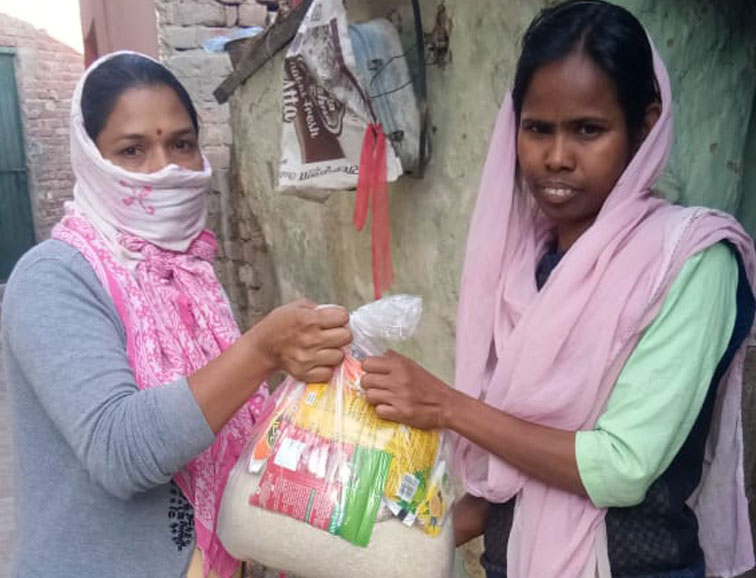
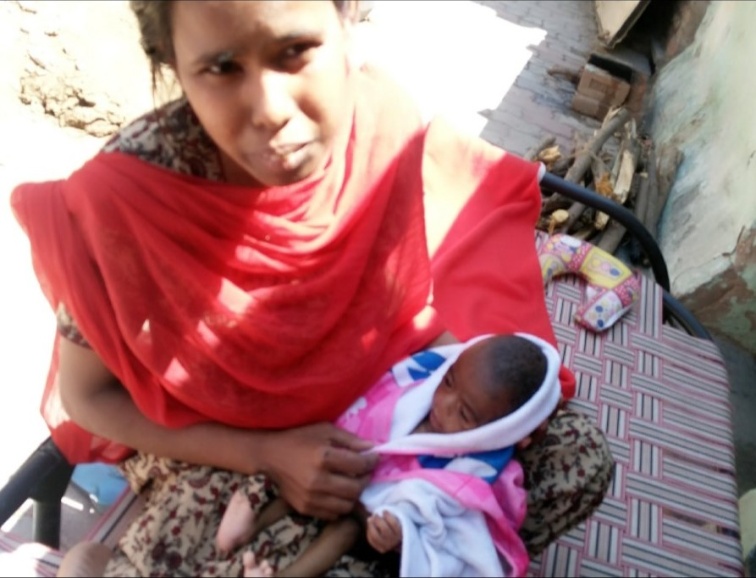
Vivamus volutpat eros pulvinar velit laoreet, sit amet egestas erat dignissim. Sed quis rutrum tellus, sit amet viverra felis. Cras sagittis sem sit amet urna feugiat rutrum. Nam nulla ipsum, venenatis malesuada felis quis, ultricies convallis neque pellentesque tristique.
Vivamus volutpat eros pulvinar velit laoreet, sit amet egestas erat dignissim. Sed quis rutrum tellus, sit amet viverra felis. Cras sagittis sem sit amet urna feugiat rutrum. Nam nulla ipsum, venenatis malesuada felis quis, ultricies convallis neque. Pellentesque tristique fringilla tempus.
Morbi malesuada imperdiet imperdiet.
Vivamus volutpat eros pulvinar velit laoreet, sit amet egestas erat dignissim. Sed quis rutrum tellus, sit amet viverra felis. Cras sagittis sem sit amet urna feugiat rutrum. Nam nulla ipsum, venenatis malesuada felis quis, ultricies convallis neque. Pellentesque tristique fringilla tempus. Vivamus bibendum nibh in dolor pharetra, a euismod nulla dignissim. Aenean viverra tincidunt nibh, in imperdiet nunc. Suspendisse eu ante pretium, consectetur leo at, congue quam. Nullam hendrerit porta ante vitae tristique. Vestibulum ante ipsum primis in faucibus orci luctus et ultrices posuere cubilia curae.


Nam sit amet condimentum velit a ullamco
Vivamus volutpat eros pulvinar velit laoreet, sit amet egestas erat dignissim. Sed quis rutrum tellus, sit amet viverra felis. Cras sagittis sem sit amet urna feugiat rutrum. Nam nulla ipsum, venenatis malesuada felis quis, ultricies convallis neque. Pellentesque tristique fringilla tempus. Vivamus bibendum nibh in dolor pharetra, a euismod nulla dignissim. Aenean viverra tincidunt nibh, in imperdiet nunc. Suspendisse eu ante pretium, consectetur leo at, congue quam. Nullam hendrerit porta ante vitae tristique. Vestibulum ante ipsum primis in faucibus orci luctus et ultrices posuere cubilia curae.

4 Comments
-
Michael says:
Morbi ultrices consequat viverra. Nullam leo felis, dignissim vitae blandit pharetra, volutpat ut leo. In iaculis lacus vel porta vestibulum. Pellentesque ac est iaculis, tincidunt sem nec, auctor lacus. Maecenas enim arcu, facilisis ut mauris vitae, efficitur consequat dui.
-
April Harris says:
Fusce urna augue, volutpat quis pharetra nec, fringilla a enim. Etiam dapibus accumsan libero vehicula vestibulum. Nunc justo augue, vehicula vel mauris id, blandit laoreet urna. Integer placerat euismod lorem vitae viverra. Sed cursus est justo, quis consequat est lacinia id. Praesent semper pulvinar sollicitudin.
-
April Harris says:
Fusce urna augue, volutpat quis pharetra nec, fringilla a enim. Etiam dapibus accumsan libero vehicula vestibulum. Nunc justo augue, vehicula vel mauris id, blandit laoreet urna. Integer placerat euismod lorem vitae viverra. Sed cursus est justo, quis consequat est lacinia id. Praesent semper pulvinar sollicitudin.
Leave a Reply Cancel reply
ABOUT US
Developing Indigenous Resources India (DIR-INDIA) is a Non-Profit and Charitable trust .
ALL CONTACTS
- #705-C, ADARSH NAGAR, NAYAGAON, DIST. SAS NAGAR, MOHALI, PUNJAB-160103
- Office +91 0172-5034227
- [email protected]
-
Monday - Friday:
09.00 AM - 05:00 PM
-
2021. All Rights Reserved. | Web design & Development By WebHopers


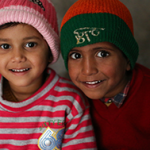
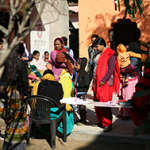
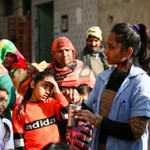
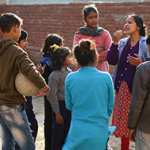
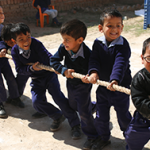
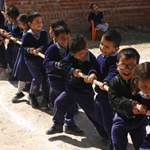


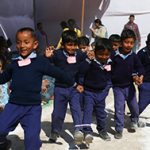










Morbi ultrices consequat viverra. Nullam leo felis, dignissim vitae blandit pharetra, volutpat ut leo. In iaculis lacus vel porta vestibulum. Pellentesque ac est iaculis, tincidunt sem nec, auctor lacus. Maecenas enim arcu, facilisis ut mauris vitae, efficitur consequat dui.